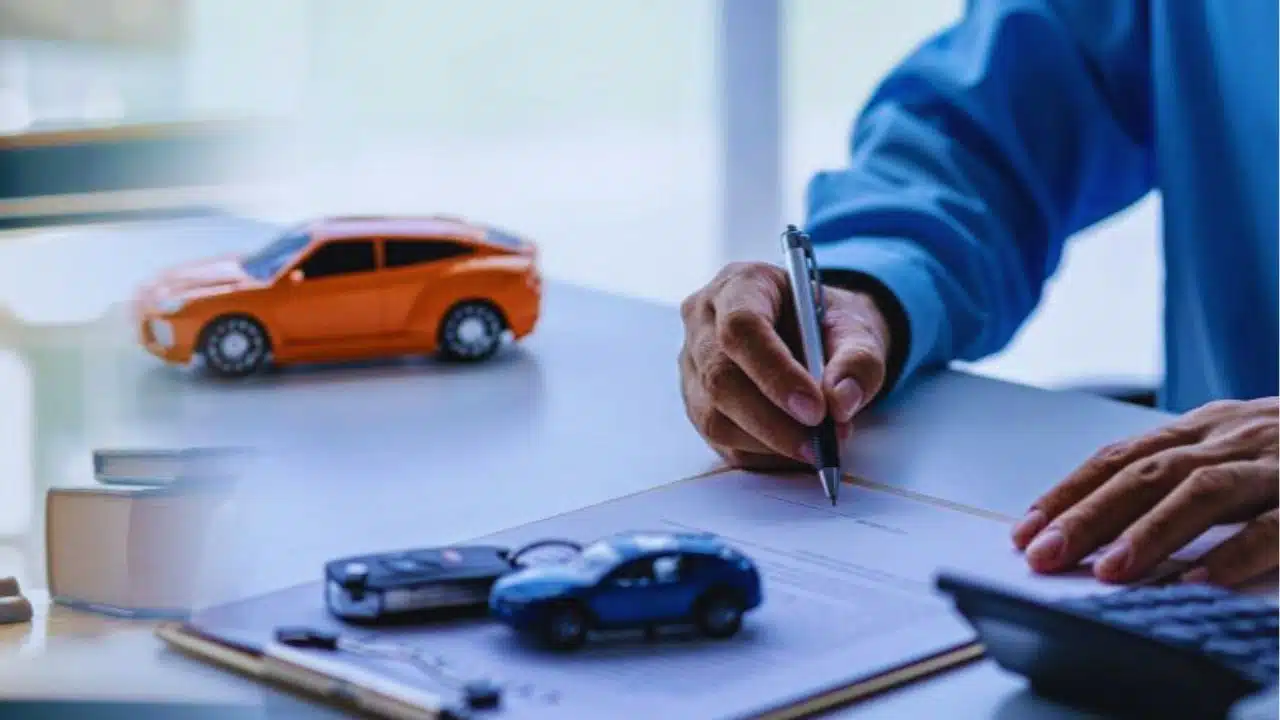Being involved in a car accident can be a stressful and overwhelming experience, especially in a country like Germany, where specific legal procedures govern personal injury and property damage claims. Finding the right car accident lawyer to represent you is essential to ensuring you receive fair compensation.
During your initial consultation, you should ask key questions to evaluate the lawyer’s expertise, approach, and compatibility with your case. This article provides a comprehensive guide to the most important questions to ask your car accident lawyer in Germany.
The Importance of the Initial Consultation
The first meeting with a car accident lawyer is critical in setting the tone for your legal journey. In Germany, traffic laws are rigorous, and understanding your rights and responsibilities after an accident can be complex. A qualified lawyer will help you navigate Germany’s legal system, clarify your options, and build a strong case.
This article outlines the specific questions you should ask to assess your lawyer’s expertise and ensure they are the right fit for your needs. By asking the right questions, you can gain insight into their experience, communication style, and strategy for handling your case.
Questions to Ask Your Car Accident Lawyer
1. What Is Your Experience with Car Accident Cases in Germany?
Experience is one of the most critical factors in choosing a car accident lawyer. Here’s why:
- German laws, such as the StVG (Straßenverkehrsgesetz or Road Traffic Act) and StVG-VVG regulations for insurance claims, are highly specific.
- Lawyers specializing in car accidents will better understand local procedures, such as submitting claims to insurance companies or negotiating with opposing parties.
Follow-Up Questions:
- How many car accident cases have you handled?
- Do you specialize in personal injury law, or do you also handle other types of cases?
- Can you provide examples of successful cases similar to mine?
2. What Legal Fees Will I Be Responsible For?
Germany operates under a fee structure known as the Rechtsanwaltsvergütungsgesetz (RVG), which outlines attorney fees. However, it’s important to clarify:
- Is there a contingency fee agreement?
- Will I need to pay upfront costs for legal representation?
- Are there additional costs, such as court or expert witness fees?
This ensures that you fully understand the financial implications before proceeding.
Pro Tip:
In some cases, legal insurance (Rechtsschutzversicherung) can cover attorney fees. Ask if your case qualifies.
3. How Do You Approach Negotiations with Insurance Companies?
Insurance companies in Germany are typically the first point of contact after an accident. Your lawyer’s negotiation skills are vital in securing fair compensation.
Key Points to Clarify:
- Does the lawyer have experience dealing with German insurance companies?
- Will they handle all communication with the insurer on your behalf?
- What strategies do they use to counter low settlement offers?
4. Will My Case Go to Court?
While many car accident cases in Germany are settled out of court, some may require litigation. Understanding the lawyer’s litigation experience is crucial:
Questions to Ask:
- What percentage of your cases typically go to court?
- How confident are you in representing my case in a German court?
- What is the estimated timeline for resolving a case like mine?
Insight:
German courts often favor mediation or settlement, but having a lawyer experienced in courtroom procedures ensures you are prepared for all scenarios.
5. What Documentation Do I Need to Provide?
Proper documentation is the backbone of a strong case. Your lawyer should guide you on gathering essential documents such as:
- Accident reports (Unfallbericht) prepared by the police.
- Medical records detailing injuries.
- Repair invoices or estimates for vehicle damage.
- Photos or videos from the accident scene.
6. How Will You Keep Me Updated on My Case?
Effective communication is a hallmark of a competent lawyer. Ask:
- How often will you provide updates?
- What methods do you use for communication (email, phone, in-person)?
- Will I have direct access to you or your team for questions?
7. What Compensation Can I Expect to Receive?
Compensation in car accident cases in Germany can vary widely based on the extent of the damages. Your lawyer should provide a realistic estimate based on:
- Medical expenses.
- Property damage.
- Loss of earnings (if applicable).
- Pain and suffering compensation, regulated by German courts.
8. What Are the Next Steps in My Case?
A clear roadmap ensures you understand the legal process. Important steps include:
- Filing a claim with the opposing party’s insurer.
- Pursuing mediation or settlement discussions.
- Preparing for potential court proceedings.
Table: Key Legal Documents Required for Car Accident Cases in Germany
| Document | Purpose | Notes |
| Police Report (Unfallbericht) | Provides an official account of the accident. | File this immediately after the accident. |
| Medical Records | Documents injuries sustained and treatments received. | Essential for claiming personal injury compensation. |
| Insurance Details | Identifies parties involved and their coverage. | Exchange details on the scene; mandatory under German law. |
| Repair Estimates | Calculates the cost of vehicle damage. | Obtain at least two quotes from certified repair shops. |
| Photos/Videos | Visual evidence of the accident scene and damages. | Timestamped photos/videos strengthen your claim. |
Tips for Choosing the Right Car Accident Lawyer in Germany
- Check Credentials: Verify their membership with the Rechtsanwaltskammer (German Bar Association).
- Read Reviews: Online platforms or legal directories often feature client feedback.
- Specialization Matters: Choose a lawyer focused on personal injury or car accident cases.
Takeaways
Finding the right car accident lawyer in Germany requires careful consideration and preparation. The questions outlined in this article will help you assess the lawyer’s expertise, approach, and suitability for your case. By understanding the legal landscape and gathering the necessary documentation, you can strengthen your position and increase the likelihood of a favorable outcome.
Remember, the lawyer you choose plays a pivotal role in ensuring justice and fair compensation. Take the time to ask these essential questions, and don’t hesitate to seek a second opinion if you’re unsure.



































